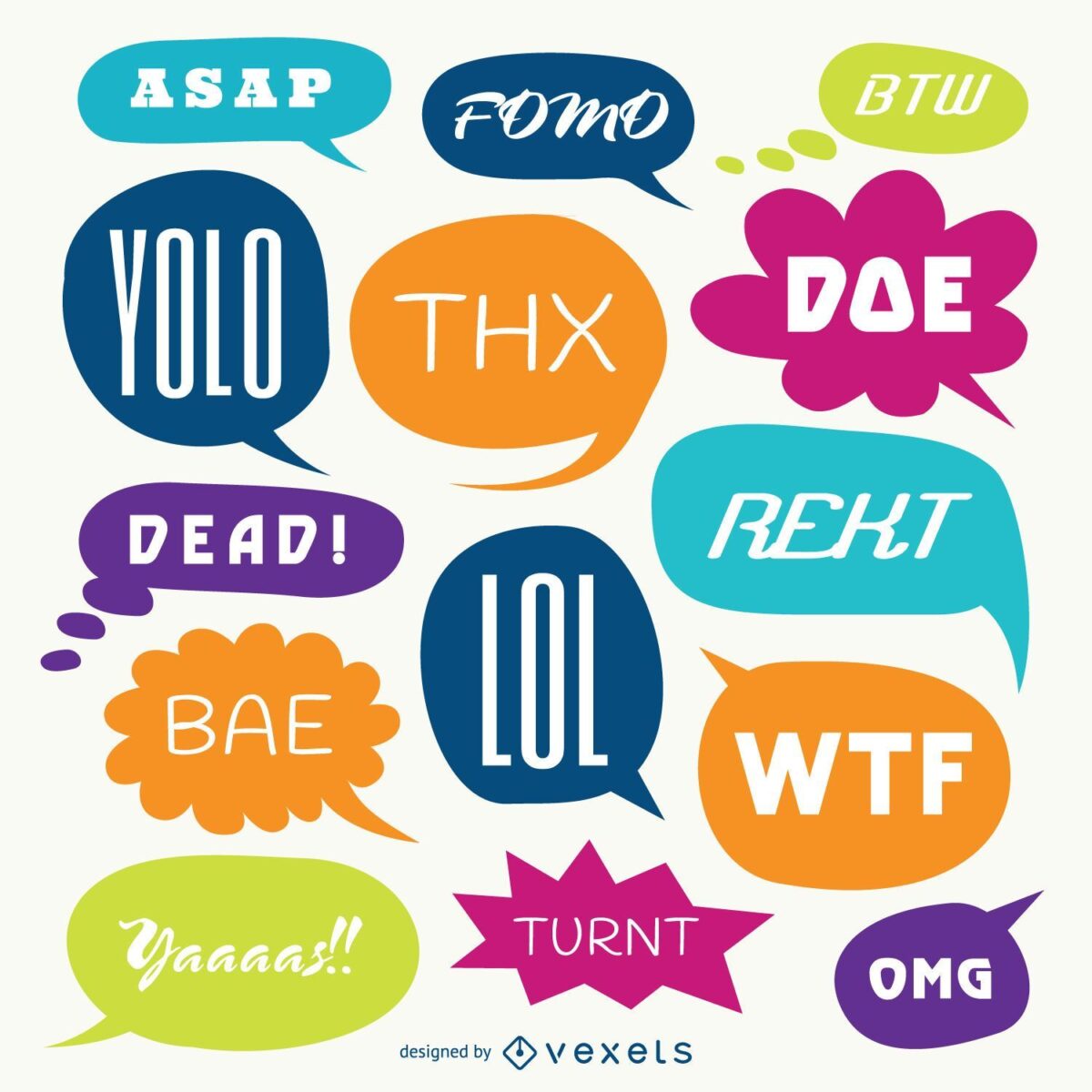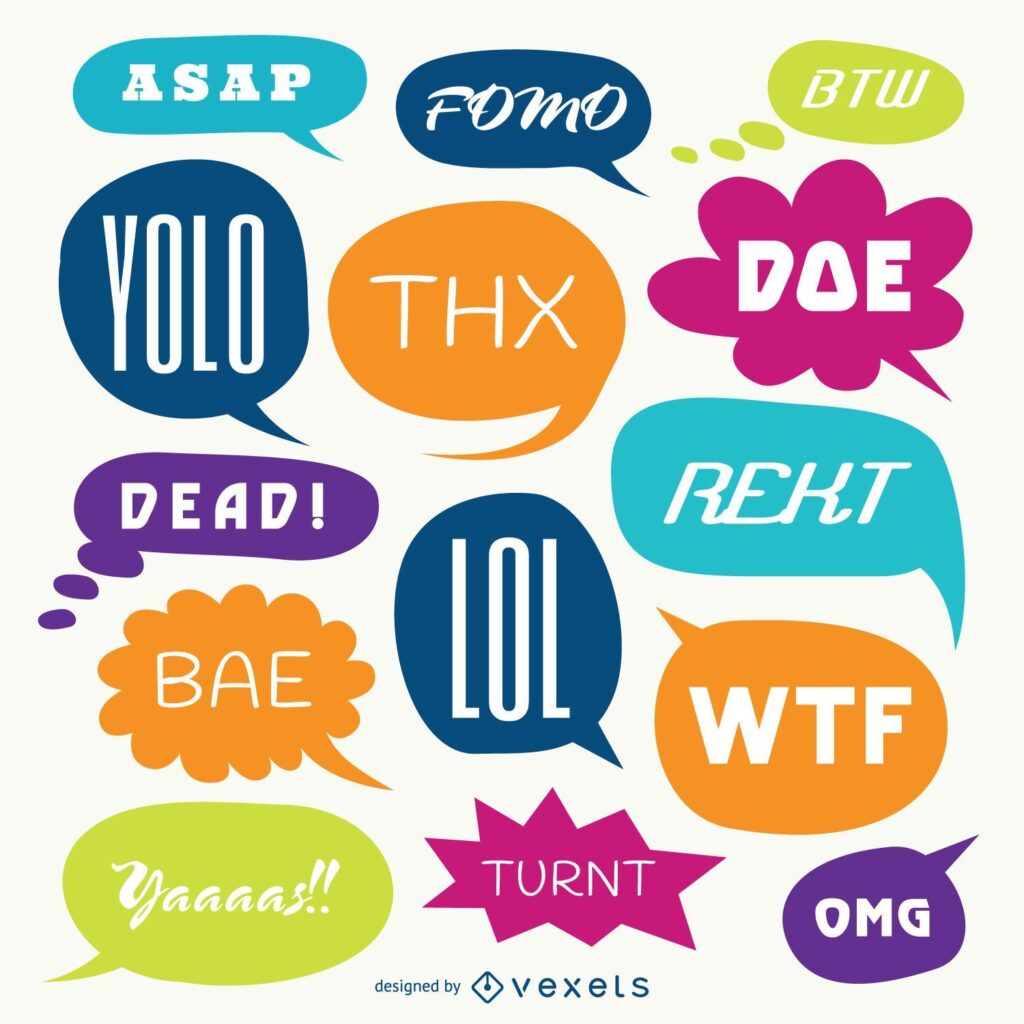

Check out the featured post and read more here: https://www.christianity.com/wiki/current-events/the-hidden-power-of-generational-slang.html
From ‘bet’ to ‘no cap’ to ‘um,’ the words we sprinkle into our daily speech often say more than we think. As a former high school English teacher, I can attest that students use slang more than they’d like to admit. They even often tried to write it into their papers! While I’m all for authenticity, slang just might reveal more than we realize.
In recent studies, linguists point out that slang words and filler words like um aren’t inherently bad—they serve purposes like signaling pauses, showing identity, or adding color to conversation. Their value depends on context. A little um helps listeners track a thought, but too many can undermine credibility. Likewise, slang builds community among peers but can feel unprofessional in formal settings. Both highlight how language constantly shifts with culture.
While younger generations are embracing slang as identity markers, workplaces debate professionalism in speech. Not only did I see this as a teacher, but I’m now seeing it as an author, speaker, and mental health advocate. Do these words make us real, or cause us to seem unprofessional? Are they necessary, or filler words when the Bible tells us to be careful with the words we choose to use? One of the biggest concerns with using slang isn’t about policing language but recognizing its power.
Why Slang and Fillers Matter
For many of us, slang is used in our daily lives, even if we ourselves don’t use it. Go to work, turn on the television, watch a show on Netflix, or have a conversation with Gen Z, and you’ll hear it. Slang helps people bond over events and circumstances. However, excessive fillers can hurt our authority, especially in realms of credibility, professionalism, public speaking, or assignments. Just as I wouldn’t advocate for students using slang in their papers, I wouldn’t suggest using it at your job interview.
Nevertheless, language changes with culture; today’s slang is tomorrow’s dictionary entry. The Oxford English Dictionary adds slang annually, and this continues year after year. Words like “rizz” (2023), “lol”, or even “yeet” are now at the top of the list. While these words are funny, they bring up a more serious concern.
If our everyday words carry weight, how do we practice the biblical call to let our speech “always be with grace” (Colossians 4:6)—using even slang and fillers in ways that build up rather than distract or tear down?
Biblical Foundations for Speech
Not surprisingly, the Bible has a lot to say about the words we use. While “slang” might not be mentioned word for word, Jesus teaches that we will give an account for careless words (Matthew 12:36); therefore, those who teach and speak will be judged more harshly (James 3:1).
As a writer, I take the words I say very seriously. Not just because they impact others, but because they matter to God. Colossians 4:6 tells us that our speech should be seasoned with grace. Proverbs 18:21 reminds us that life and death are in the power of the tongue, and we must learn to control what comes out of us. Ephesians 4:29 resounds that the words we use should build up and not tear down.
Even Jesus Himself, though He used many figures of speech, was known for clear, concise, compelling, and well-versed language. He spoke with kindness and intent. He valued His words because He knew the weight of impact they would have on others.